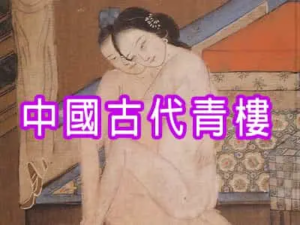Why do Japanese women fall in love with Japanese gigolos?

Table of contents
existJapan,cowherd boy(male publican) (male prostitute) Yes.a criminal caseIt is a synonym for the term.
The industry attracts countless women with its glamor and mysterious atmosphere. They are seen not only as drinkers and chasers, but also as providers of emotional comfort, with some of the most prominent names in the industry, such as Roland, earning over 300 million yen a year, making the industry highly visible. Behind the glamor, however, there is also a lot of controversy surrounding cowgirl stores, especially when it comes to crimes such as financial fraud, violence, and human trafficking.
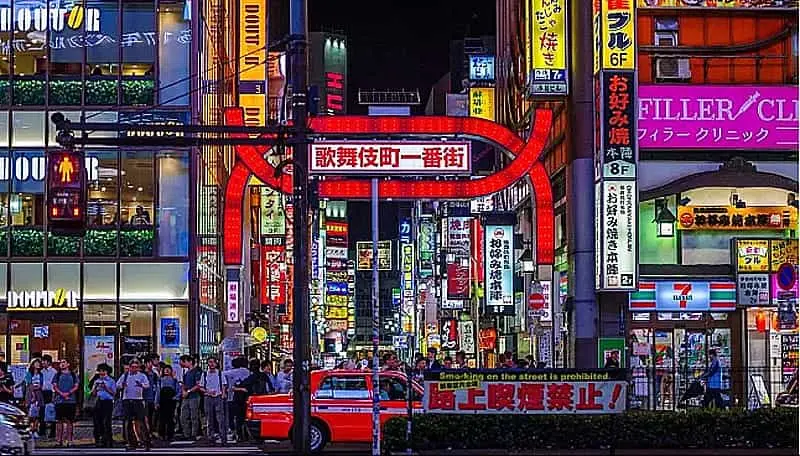
What is a Japanese cowboy?
A Japanese cowboy (ホスト, Host) is a male practitioner who specializes in providing companionship services to female clients in nightlife establishments unique to Japan. They are also known as "male publicans" or "male deacons".
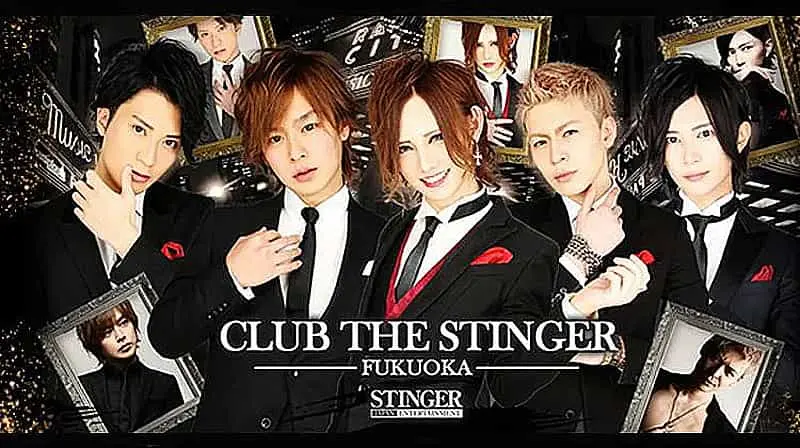
Origins and Development
The Japanese Cowgirl industry began in 1965 with the "Night Tokyo" venue at Tokyo Railway Station, initially offering escort services, and in 1971, businessman Takeshi Aida opened the first true Cowgirl store, "Aida Kanko", in Kabukicho, Shinjuku, Tokyo, specializing in providing a romantic, sweet atmosphere for female customers. Since then, the cowboy parlor has grown rapidly in Kabukicho, the "nightlife capital of Japan," and has gradually expanded nationwide.
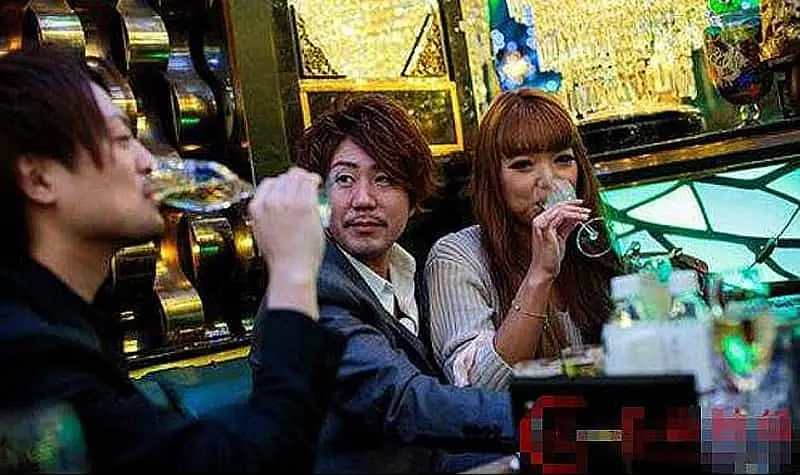
Industry Characteristics and Operation Mode
Cattlemen's stores usually adopt a hierarchical management system:
- 1 Store Manager (sometimes boss)
- Several ministers
- A number of cowboy practitioners
Outside the stores, there are organizations specializing in publicity and intermediary work to recruit customers. These places are beautifully decorated and serve both as a place for women to spend time and as a venue for parties.
Most of the cowboys are handsome, well mannered young men who have received professional training and are good at communicating and interacting with women. By providing emotional comfort and companionship, they give their customers spiritual fulfillment at night.
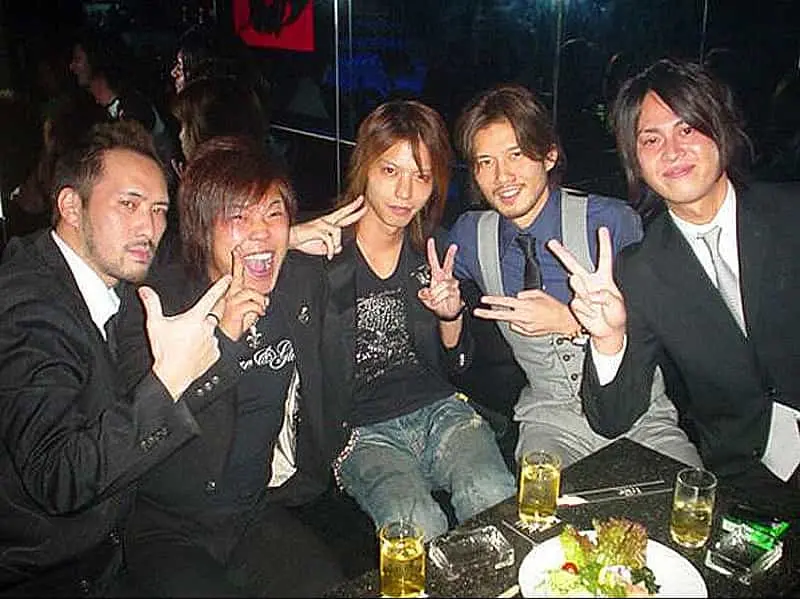
Cowboy's Profit Model and Economic Structure
Source of income
Cowboys' main income comes from the commission on the sale of drinks. The base salary is usually low (about 200,000 yen/month in Tokyo), much lower than the local average (300,000 yen/month). As a result, cowboys need to earn a higher income by selling drinks.
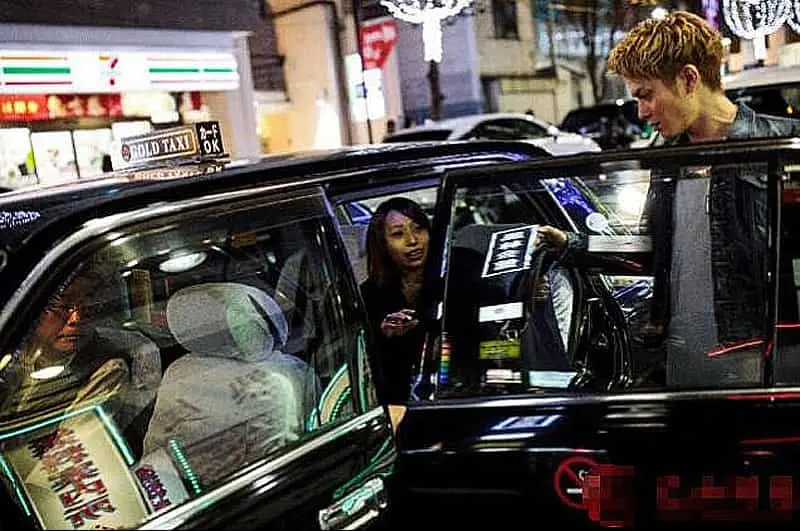
Price system and commission mechanism
The prices of alcoholic beverages in a cowboy store are much higher than the market prices:
- Regular drinks: 3,000-5,000 yen per serving (cost less than 200 yen)
- High-end wines: premiums can reach 10-15 times
- Louis XIII: from 200,000 yen to 1.5 million yen
- Angel Champagne: from 35,000 yen cost sells 35-1 million yen
Cowboys usually earn 50% or more from sales. The store is ranked weekly according to sales performance, with the top performers becoming "top dogs" and enjoying special treatment, while those at the bottom may face elimination.
Comparison of Typical Drinks Prices at Cowboy Shop
| Liquor Type | Market price (yen) | Cowboy store price (yen) | Premium Multiple |
|---|---|---|---|
| ordinary beer | 500 | 3000 | 6 times |
| Red wine (bottle) | 2000 | 15000 | 7.5 times |
| Champagne | 5000 | 50000 | 10 times |
| Premium Champagne | 20000 | 300000 | 15 times |
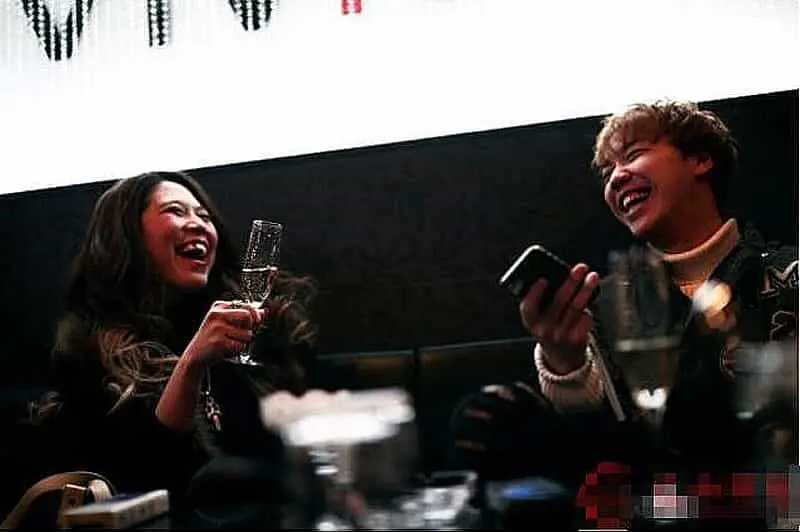
Champagne Tower Culture
The champagne tower is the most expensive item in the Cowboy Shop, made up of many layers of wine glasses and costing 1-3 million yen to install, plus the high price of the wine poured into the tower, which can be astronomical. This form of consumption has become a symbol of the culture of the store.

Social and Cultural Reasons for Japanese Women's Addiction to Cowboys
Japanese society suffers from serious gender inequality, and women face many restrictions in the workplace and at home. In order to reduce staff costs, Japanese companies are increasingly changing employment relationships from formal to informal, and women, in particular, are discouraged from being hired on the grounds of marriage and childbirth. In 2012, the informal employment rate of young Japanese women was 42%, compared to 28% for men, with the former being 1.5 times higher than the latter. However, in terms of the wage gap between men and women in informal employment, the average wage of men is 2.22 million yen and that of women is 1.475 million yen, and female employees only reach 60% of the income of men.
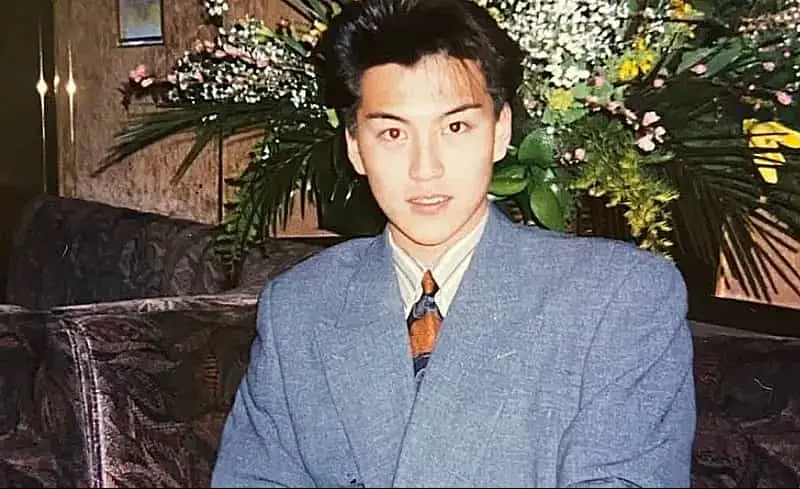
Commercialization of emotional needs
In a modern society like Japan's, where work pressure is high and social relationships are distant, many people crave emotional connection but find it difficult to obtain in real life. The cowboy industry has capitalized on this need by commercializing emotions and providing "caring services" at explicit prices. Cowgirls specialize in creating "pseudo-intimacy" so that women feel understood, valued and emotionally dependent.
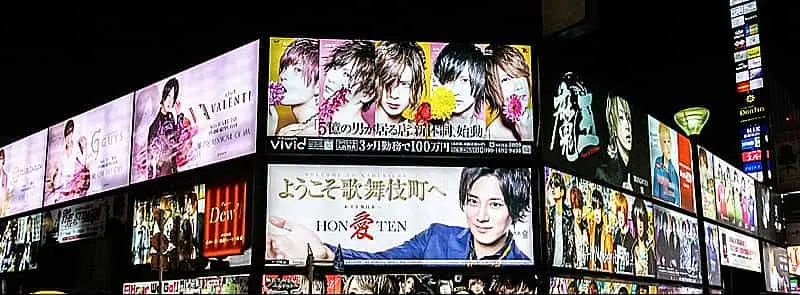
Distortion of Social Recognition
Cowboy culture is somewhat normalized and even romanticized in Japan. Works such as the manga The Night King portray cowboys as glamorous males, ignoring the darker side of the industry. This cultural packaging makes it easier for women to let their guard down and fall into the traps set by cowboys.
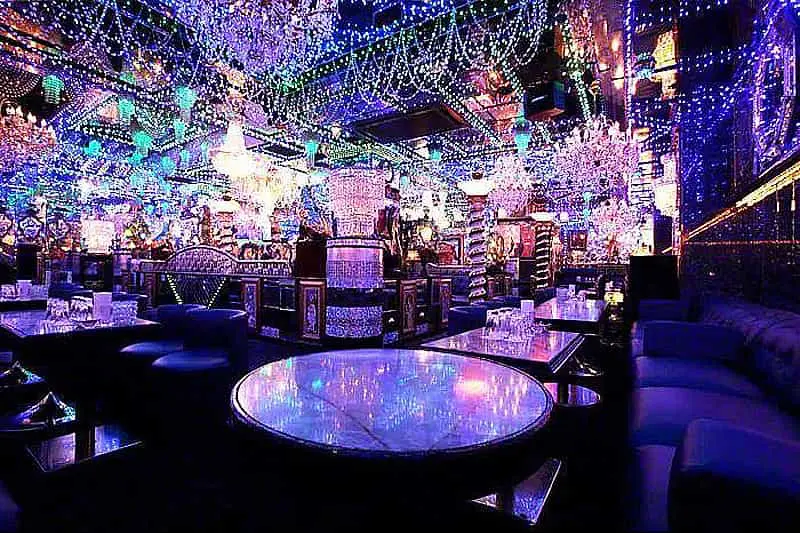
Cowboy's surreal look: creating an otherworldly experience
When you walk into a Cowboy Shop, what you see are often exaggerated hairstyles, brightly colored costumes and heavy stage makeup. These seemingly dramatic looks are in fact a deliberately created "otherworldly" atmosphere, allowing guests to instantly escape the pressures of real life and enter a fantasy world that belongs only to the night. Here, they can put aside their identities and worries, pour their hearts out and enjoy the feeling of being pampered.

High Emotional Intelligence Communication: The Art of Companionship
Contrary to popular belief, the success of the Cattlemen's trade does not depend entirely on physical appearance, but more importantly on emotional intelligence and communication skills. They are good at observing the mood changes of customers, know when to listen, when to guide, with delicate words and body language to make customers feel understood and valued. Even if the face value is ordinary, as long as they can make the guests spiritually satisfied, they can have a stable customer base.
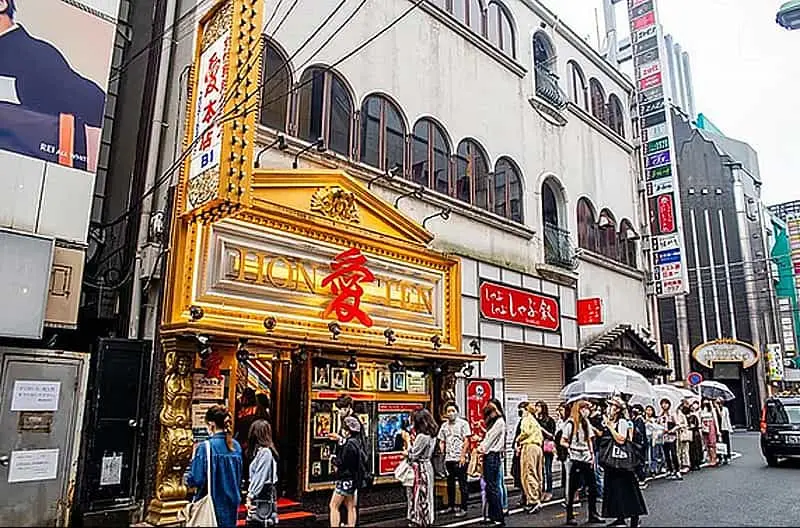
Selling the Sense of Love: The Need for Continuing Education
There is a huge disparity in the income of cowgirls, with the top ones earning tens of millions or even hundreds of millions of dollars a year, while those who are not so good at their job may find it difficult to maintain even their basic living expenses. In order to keep customers for a long time, apart from chatting skills, you need to keep enriching yourself by exploring topics such as current affairs, finance, and the international situation, as well as mastering the skill of ambiguity to keep your customers refreshed at all times.
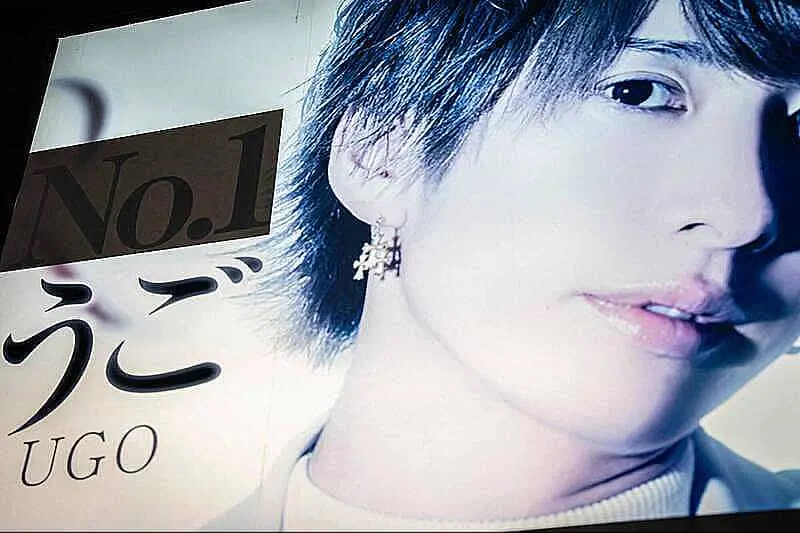
Cowherd Fraud Incidents, Techniques and Cases
Cowboys use elaborate psychological manipulation techniques to get women to become emotionally dependent and spend money on them at all costs. The main techniques include:
- Love BombingEarly in the process, women are made to feel special through constant compliments and attention. Compliments such as "You're so cute" and "You're so pretty", along with physical contact such as head-touching and shoulder-shouldering, stimulate the secretion of female hormones.
- pseudo-empathyCowboys will guide customers to tell their own stories and find similarities in them, creating a kind of "pseudo empathy" and making customers feel that they have met true love. They will listen carefully to their clients' problems and give them a positive response to satisfy their psychological needs.
- Gas lamp manipulationWhen the client takes the bait, the cowboys begin to use degrading language to suppress the client and then add cold violence to make the client feel self-doubt. When the client is confused and helpless, they tell him that he can get their tenderness by spending money, and that if the female client doesn't want to spend money, she doesn't love him.
Common Scams
| means (of doing sth) | How it works | typical case |
|---|---|---|
| Motion sickness theft | Drinking with the victim, secretly injecting drugs and stealing money while the victim is unconscious. | In 2013-2014, Kiyoka Kami (alias Aiko) bewitched a number of men, involving more than 2.75 million yen. |
| Forced to sign a note for overpriced purchases | Forcing customers to buy expensive drinks or goods and signing high debt notes | In 2021, the cowherd, President Shinji Tsuji, forced a female customer to sign a 780,000 yen note. |
| Lying to get money out of your feelings. | Approaching women through online dating platforms and asking for money for various reasons after building up a relationship. | In 2023, the Internet girl "Lili Jam" cheated more than 100 million yen, partly used to support cowboys. |
| Enticement into the sex trade to pay off debts | Threatening or inducing a victim to engage in prostitution on the ground of non-payment of money | In 2023, Chinese students are tricked by cowboys into prostitution in a custom store to pay off their debts. |
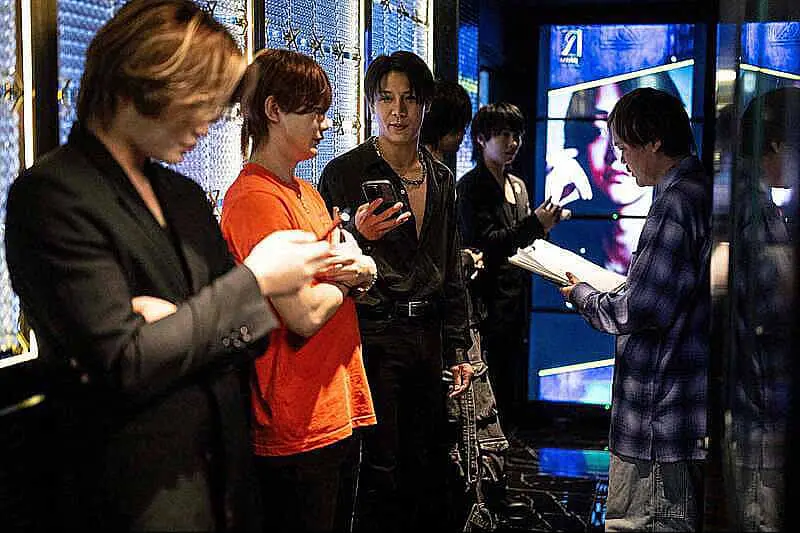
Escalation of Financial Exploitation Techniques
When a woman becomes addicted to a cowherd, the cowherd will gradually escalate their money-grubbing tactics:
- Regular Consumption: Initially, the women spend money on savings through drink consumption and roll-call fees. The average cost of a visit to a cowboy store is between 9,000 and 40,000 RMB.
- CreditThe shopkeeper will ask the customer to repay the debt by borrowing money or using loan sharks when the customer has spent all her money. Cowgirls may even offer to induce or almost force customers to order champagne on credit.
- go to sea under duressWhen even borrowing money is no longer affordable, cowgirl clubs recommend more lucrative options: escorting, filming, and selling sex. In the Cowgirl Clubs, the cowgirls get a percentage of kickbacks if they succeed in introducing their female clients to the vice industry.
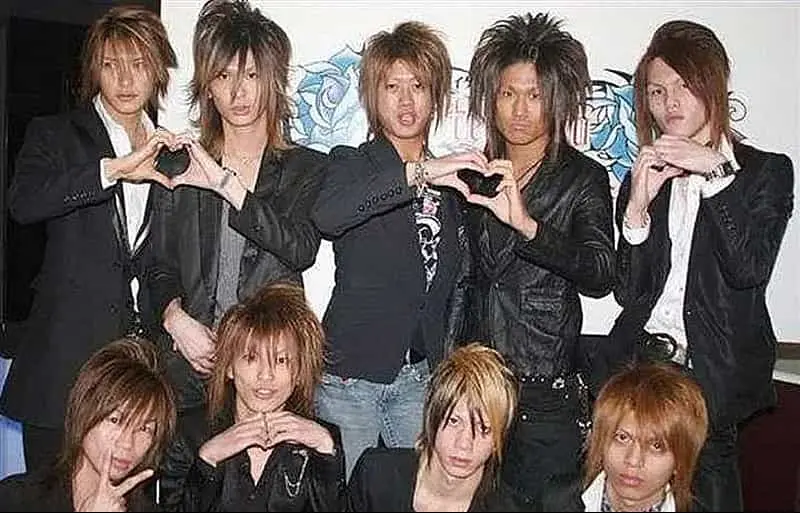
cowherd boyTypical Case Analysis
- The Shenqing incense case (2013-2014)A man who dressed as a woman and approached a man to date him as a voice actress and then stole money from him after he was knocked unconscious. After his arrest, it was discovered that he suffered from multiple personality disorder, but the court still sentenced him to 10 years' imprisonment.
- Shinji Tsuji Reform (2021): Cowboys take advantage of the emotional dependence of their female customers to force them to consume high-priced goods and sign huge IOUs, sparking social concern over the chaotic situation in cowboy parlors.
- The Lily Sauce Case (2023)A female Internet celebrity who called herself a "salvage girl" was arrested for teaching fraudulent techniques on the Internet and using some of the stolen money to support her cowboys, with a total of more than 100 million yen.
- The Immortal Bird IncidentThe year (2019) shook Japan when 21-year-old Yuka Takaoka was lured into "love" and "marriage" by a cowgirl alias "Ryukyuki". In order to put Ryukyuki, who was a newcomer at that time, on the throne as the No.1 in the cowgirl store, she frequently went to the club to buy alcohol and drop money. Even after spending all her savings, she went to a custom store to sell her body to a rich escort, and gave all the money she earned to her boyfriend. But he doesn't care. He spends the money Yuka earns by selling her body, and at the same time, he cheats on her with other women. Yujia's love and hatred for her boyfriend led her to kill him and then commit suicide, but in the end she didn't have the heart to do it and turned herself in to the police. Yujia was sentenced to three years and six months in prison, while the scummy cowboy changed his name to "Immortal Bird" after he recovered and made a comeback, using the incident to publicize himself, and became even more popular than before.
- Star Case:Japanese actress Sakaguchi Apricot (star of the second generation) because of addiction to cowboy store consumption, not only spent 80 million yen inheritance, but also owed 20 million yen loan sharks. In order to repay the debt, she was forced to go into the sea to shoot AV movies, and her career was ruined. She was even sexually abused during her wandering days in Kabukicho and got pregnant and then miscarried.
- loan sharkCowgirl stores often work with the mob to provide loansharking to women with insufficient funds.
- Sexual exploitation: including seduction of underage girls (e.g., the case of the 13-year-old girl seduced by Takuma Ohashi)
- violence: Violent conflicts triggered by emotional and economic conflicts
- The Fall of an Olympic Athlete: Japanese photojournalist and former Olympic snowboarder.Imai MonroeIn the program, she admitted that she was addicted to cowgirl stores, working as a call girl, and attempted suicide several times. She went from being a talented Japanese Olympic athlete to working as a vulgar girl, a nude model, and even an Ivy League actress, all after she threw away her savings in a cowgirl store.

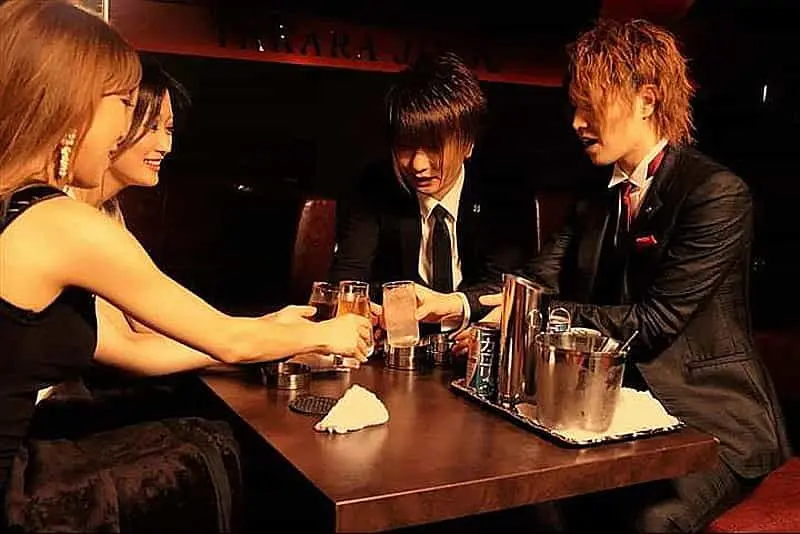
Timeframe and key milestones of the event
Timeline Chart
| Time | event | Influence |
|---|---|---|
| 1965 | Enactment of the Spring Sale Prevention Act, which makes cowboy stores exist in the form of "Mizukuri". | Establishment of a non-sex trade-oriented business model |
| 2006 | Japanese Drama "Night King" Airs, Cowboy Industry Goes Viral | Enhancing public awareness and attracting more female consumers |
| 2013-2014 | Theft by dizziness | Uncovering Cowboy Industry Borderline Crime |
| 2021 | Tsuji Shinjitsu's high-priced consumption case | Pushing the police to step up enforcement efforts |
| 2023 | The Lilikoi fraud case. | Exposing the network's collusion with the cowboy industry |
| December 2023 | Inspections of Shinjuku Kabukicho by the Police Department | Violations found at 75% Cattlemen's Store |
Milestone analysis
The timeline shows that since the formation of the legal framework in 1965, the cowboy industry has gone through a transformation from obscurity to public attention.While the broadcast of Night King in 2006 brought its image to the forefront of people's minds, a series of cases from 2013 onwards exposed the darker side of the industry's backstory.2023 Massive inspections show that the police are stepping up their efforts to crack down on malpractice and criminality, but the industry's Deep-seated problems remain.
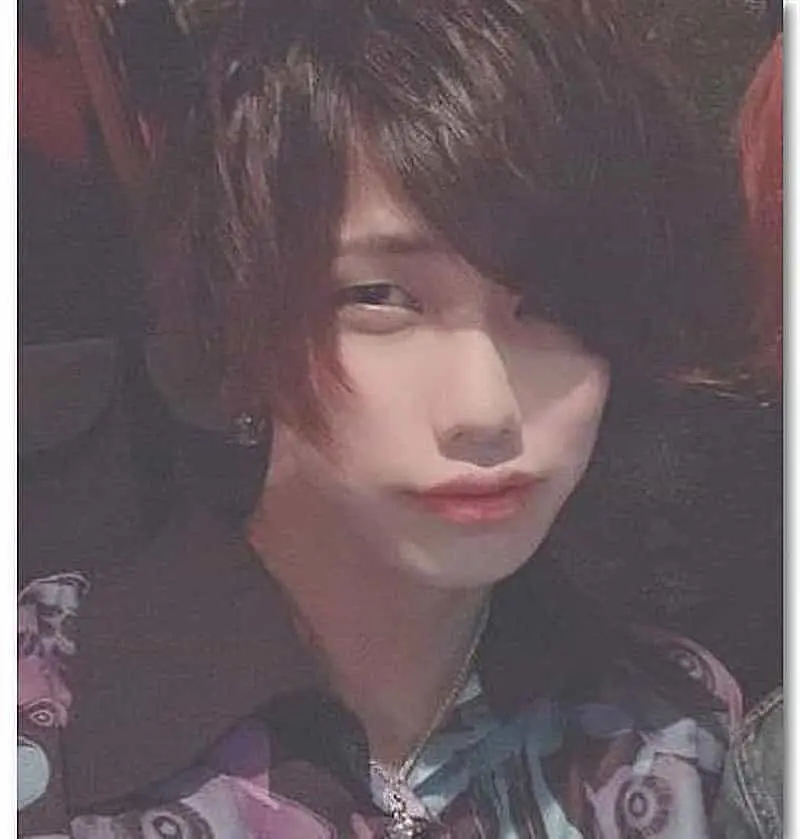
Why Japanese women are obsessed with cowboys
Compensation for Emotional Deficiencies
In Japanese society, many women face problems such as emotional estrangement from their husbands or partners, or work-related stress, and Cowboy Shops have become an outlet for them to seek comfort and to talk about their problems. Cowboys' sweet words and careful companionship fill in the emotional support they lack in real life.
Consumer Culture Pushes the Tide
Japan's prevalent consumer culture encourages people to gain happiness and recognition through consumption. In a cowboy store, a woman can demonstrate her charm and status through high spending, and at the same time be courted by a cowboy, creating a cycle of vanity and fulfillment.
Escaping the temptations of reality
The ostentatious environment, flashy performances and the attentiveness of the cowboys make women forget the troubles of real life in a short time and immerse themselves in the feeling of being adored and pampered. This temptation to escape from reality makes it easy for them to become dependent on the cowherd stores.
Psychological needs of women:
- Workplace Stress and Emotional Emptiness Release
- The quest for idealized masculinity
- Finding Solace in Virtual Emotional Relationships
Socio-economic factors
- Informal employment rate on the rise, especially among women 42%
- Significant gender wage gap (women earn only 60% as much as men)
- Social pressure and loneliness intensify
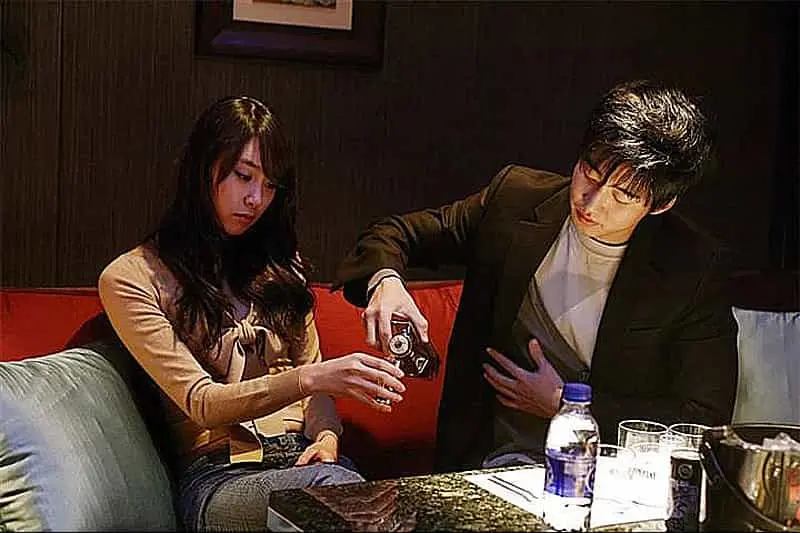
Victim Characterization
Victims of cowboy scams usually have the following characteristics:
- emotionally vulnerable: Mostly single women with empty emotional life, longing to be cared for and valued.
- Economic conditions: Some of the victims are better-off, but many of them are students or ordinary office workers.
- Age DistributionThe majority of women are in their 20's and 30's. They range from teenage girls to middle-aged women.
- State of Mind: Many people suffer from psychological problems such as low self-esteem, loneliness and depression.
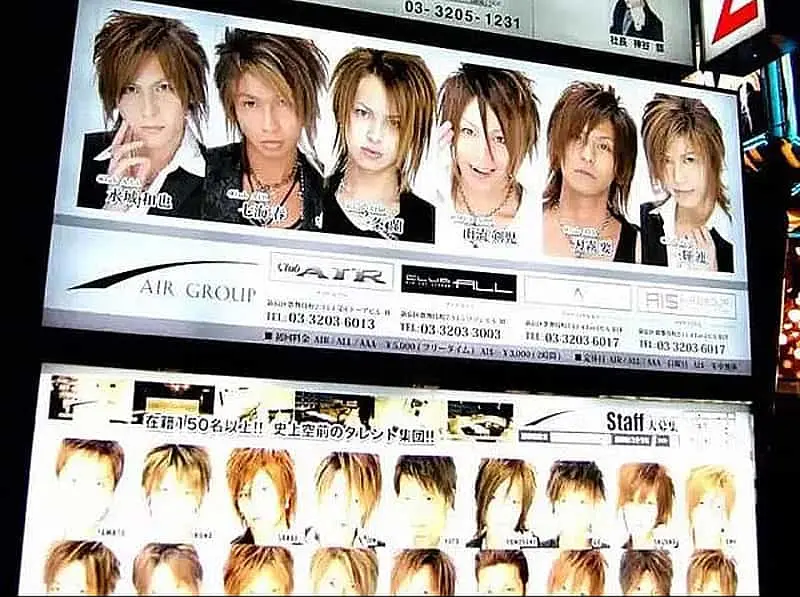
8 Bad Impacts of Cowboys on Society
1.Increase in crime rate
Apart from entering the vice industry, there are female victims who have taken to crime. In order to satisfy the consumption needs of the cowboys, some women started to engage in criminal activities such as fraud and theft.
2.family breakup
Many victims' families are broken up as a result. Parents often feel helpless and desperate when they realize their daughters have fallen into the cowboy trap. Gen Hidemori, founder of the Kabukicho-based non-profit organization Nihon Rescue Temple, says that in the second half of 2022 alone, he received 300 requests for counseling from parents.
3.Economic Injury
Women are often drained of their savings and left with huge debts. The Mainichi Newspaper surveyed female customers of Japan's cowboy stores and found that most of them had serious financial problems.
4.Bodily Injury
Apart from the physical injuries brought about by being forced into the customary trade, many women are also directly subjected to violence by cowboys. The aforementioned woman who stabbed a cowboy in the street was beaten to the point that her ribs were fractured, her urinary bladder was damaged, and she received stitches in her face.
5.psychological damage
When women fall into the emotional trap of a cowherd, they often develop a serious psychological dependence and their sense of self-worth collapses. When they are eventually abandoned, they are prone to depression and despair.
6.Loan Sharks
Cowgirl stores are intricately linked to the loan-sharking industry. Cowboys are "eager" to introduce women to loan sharks when they are unable to pay their cowboy store bills.
7.Expansion of the Customs Industry
Cowboys are actually part of the custom industry, supplying the industry with fresh blood. Cowboys get kickbacks for introducing women to the custom industry, creating a vicious cycle.
8.Rising suicide rate
In October 2018 alone, a one-month period, there were at least seven suicides in Kabukicho, mostly by women who had gotten involved with cowboys, according to Japan's police department.
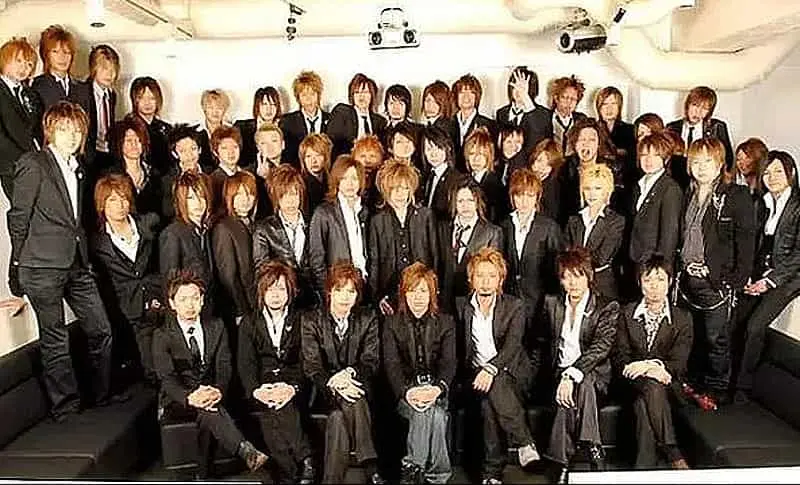
Conclusion
The Japanese cowboy industry is part of Japan's night culture and a microcosm of social problems. It attracts countless women with its unique charm, but also comes with many risks and hazards. Only through the improvement of laws, social concern and personal alertness can we avoid falling into the trap of scams while enjoying the fun of nightlife.
cultural rethinking
The boom in the cowboy industry reflects deep-rooted problems in Japanese society such as emotional alienation, unequal gender roles, and the prevalence of consumerism. To solve these problems at their root, it is necessary to strengthen education, improve family relationships, and reshape healthy values.
suggestion
Women should maintain rational consumption and emotional independence when patronizing cowboy parlors and avoid over-dependence; all sectors of the community should also make concerted efforts to create a healthy and safe nightlife environment.
Harm to women
Cowgirl store scams not only cause financial loss to women, but may also cause psychological trauma and even force them to engage in sex trade, which is a serious violation of human rights and dignity.
Inadequacies in Law and Regulation
There are loopholes in the existing law on the regulation of cowboy stores, making it difficult to eradicate some of the irregularities. Although the police have stepped up inspections, the covert and flexible nature of the industry has limited the effectiveness of the crackdown.
Further reading:



![[有片]把與生俱來的「好色」,用以點燃事業的雄心](https://findgirl.org/storage/2025/11/有片把與生俱來的「好色」,用以點燃事業的雄心-300x225.webp)


